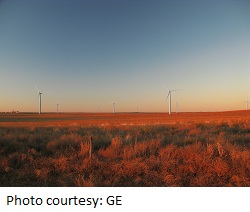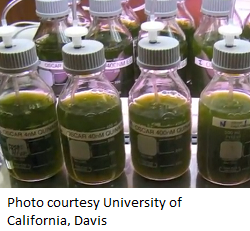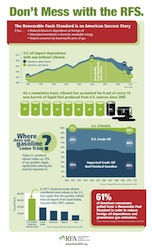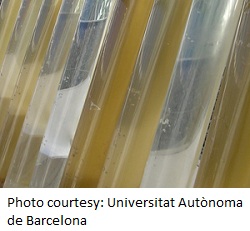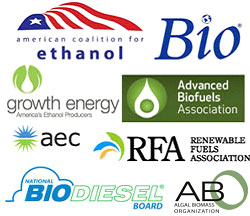 The Iowa Renewable Fuels Association (IRFA) has submitted a letter responding to the House Energy and Commerce Committee’s request for stakeholder comment on the Committee’s white paper regarding the so-called blend wall.
The Iowa Renewable Fuels Association (IRFA) has submitted a letter responding to the House Energy and Commerce Committee’s request for stakeholder comment on the Committee’s white paper regarding the so-called blend wall.
IRFA Policy Director Grant Menke stated, “Our stakeholder comments focused on three main points. First, there is no valid E10 blend wall. The blend wall vanished as soon as EPA approved E15—in the most extensive testing of any fuel in history—for 2001 and newer vehicles.
Second, the oil industry has taken specific actions and inactions to attempt to build a bogus blend wall, brick by brick, to undercut the RFS and protect its virtual monopoly over the transportation fuel marketplace. We detail these deliberate Big Oil obstruction efforts in our comments and explain how these ‘bogus blend wall bricks’ could be removed immediately by the oil companies if they chose to do so.
Third, the RFS is working and must be preserved. To gut the RFS would preserve the oil monopoly, reward the bad actors who have spent years undermining the RFS instead of preparing for it, and deprive consumers of more choices at the pump—choices that are cleaner, cheaper and homegrown. The fundamental intent of the RFS was to crack the petroleum monopoly, and it is on the verge of doing so if Congress allows it to keep working.”
Click here to read IRFA’s full comments.


